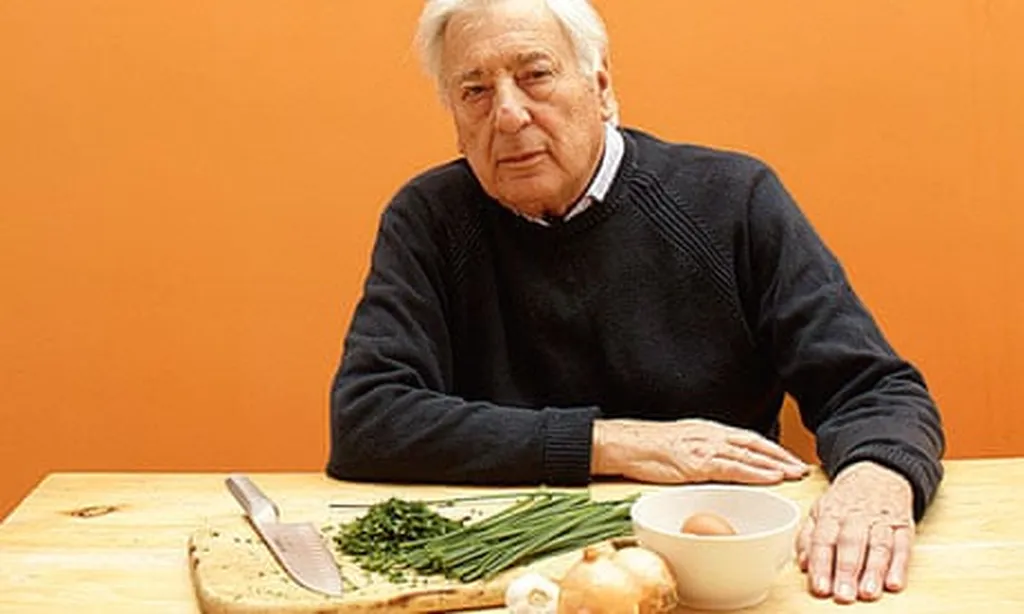In the quest to enhance the productivity and health of laying hens, researchers have turned to an unlikely ally: ginger. A recent study led by Sanjun Jin from the College of Animal Science and Technology at Henan Agricultural University in China has unveiled promising results on the impact of ginger ethanol extract (GEE) on laying hens’ production performance, antioxidant capacity, and gut microbiota. Published in the journal *Frontiers in Veterinary Science* (translated to “Frontiers in Animal Science” in English), the research offers insights that could reshape the poultry industry’s approach to feed additives.
The study focused on 288 Dawu Golden Phoenix laying hens, divided into four groups to test varying levels of GEE supplementation. The findings were striking. Hens fed diets enriched with GEE showed improved feed-to-egg ratios and better serum biochemical profiles, including higher levels of total protein and high-density lipoprotein cholesterol. “The most significant improvement was observed in the group receiving 600 mg/kg of GEE,” noted Jin. “This dosage not only enhanced antioxidant capacity but also increased estradiol levels, which are crucial for reproductive health.”
The research also delved into the gut microbiota of the hens, revealing that GEE supplementation modulated the microbial communities in the intestines. “We found that GEE increased the abundance of beneficial bacteria like Faecalibacterium and reduced harmful ones,” explained Jin. “This shift in gut microbiota is positively correlated with improved antioxidant status, suggesting that GEE could be a natural and effective way to boost the overall health of laying hens.”
The implications for the poultry industry are substantial. By incorporating GEE into feed, farmers could potentially reduce feed conversion ratios, leading to cost savings and improved profitability. Additionally, the enhanced antioxidant capacity and gut health of the hens could result in better egg quality and higher productivity. “This research opens up new avenues for exploring natural feed additives that can enhance animal welfare and productivity,” said Jin. “It’s a step towards more sustainable and efficient poultry farming practices.”
As the industry continues to seek innovative solutions to improve animal health and productivity, the findings from this study provide a compelling case for the use of ginger ethanol extract. The research not only highlights the potential of GEE as a feed additive but also underscores the importance of gut microbiota in overall animal health. With further studies, the optimal use of GEE could become a standard practice in poultry farming, benefiting both producers and consumers alike.

